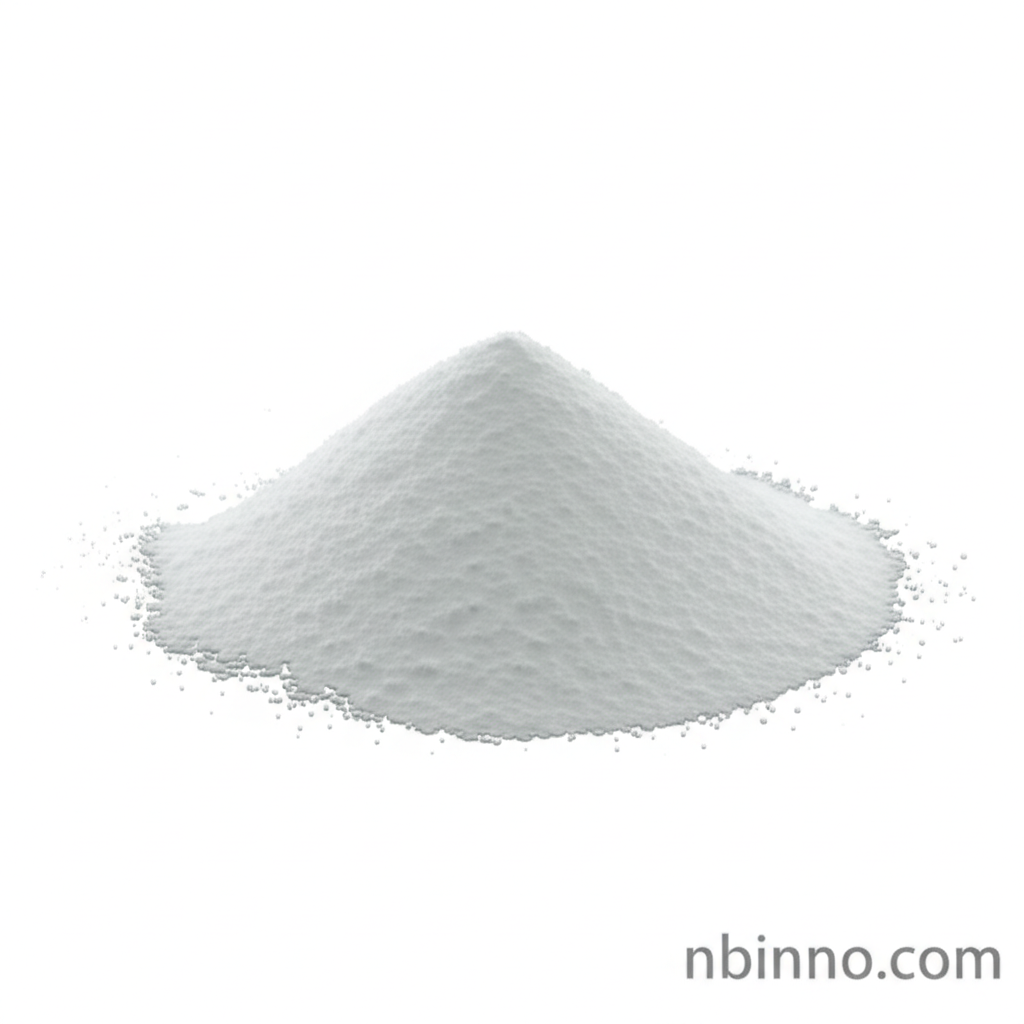Fmoc-L-Octahydroindole-2-carboxylic Acid: A Key Building Block for Advanced Peptide Synthesis and Drug Development
Unlock novel therapeutic possibilities with this versatile amino acid derivative for your research needs.
Get a Quote & SampleProduct Core Value

Fmoc-L-Octahydroindole-2-carboxylic Acid
This compound is a critical component in the field of peptide synthesis and drug discovery. Its unique structure and properties make it indispensable for creating complex peptide sequences with high fidelity. The Fmoc protecting group allows for selective deprotection during synthesis, ensuring efficient and controlled reactions. Researchers rely on this building block to enhance peptide stability, improve bioavailability, and achieve desired biological activities. Its application extends to developing novel therapeutic agents, particularly in areas like neurological disorders and cardiovascular conditions.
- As a leading building block, it is instrumental in advanced peptide synthesis, contributing to improved yields and purity.
- Its structural rigidity enhances peptide stability and resistance to enzymatic degradation, crucial for drug discovery.
- Fmoc-protected amino acids like this are vital for researchers aiming to stabilize specific peptide secondary structures.
- The compound's utility in synthesizing antihypertensive drugs highlights its significance in pharmaceutical intermediates.
Advantages Offered by the Product
Enhanced Peptide Stability
The incorporation of the octahydroindole moiety provides conformational rigidity, significantly enhancing the stability of synthesized peptides and protecting them from degradation.
Improved Bioactivity and Efficacy
This building block allows for the design of peptides with enhanced interaction profiles, leading to improved bioactivity and efficacy in therapeutic applications, as seen in bioactive peptide design.
Streamlined Synthesis Processes
The Fmoc protecting group ensures controlled deprotection and coupling reactions, streamlining solid-phase peptide synthesis (SPPS) and increasing overall efficiency.
Key Applications
Peptide Synthesis
Used as a key Fmoc-protected amino acid derivative, it is fundamental for creating complex peptide sequences in solid-phase peptide synthesis (SPPS).
Drug Development
Serves as a crucial intermediate in the development of novel pharmaceuticals, particularly those targeting neurological conditions and cardiovascular diseases.
Organic Synthesis
A versatile reagent utilized in various organic synthesis pathways, enabling researchers to explore new chemical reactions and create complex molecules.
Material Science
Employed in the creation of advanced materials, including specialized polymers, coatings, and adhesives, by providing unique structural functionalities.
